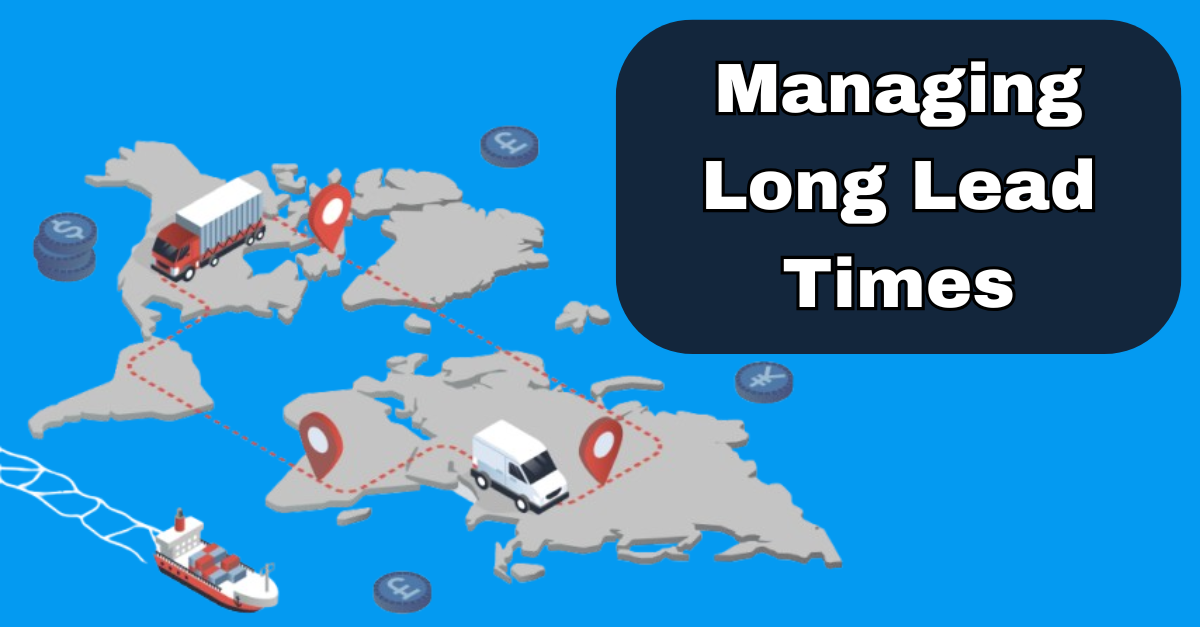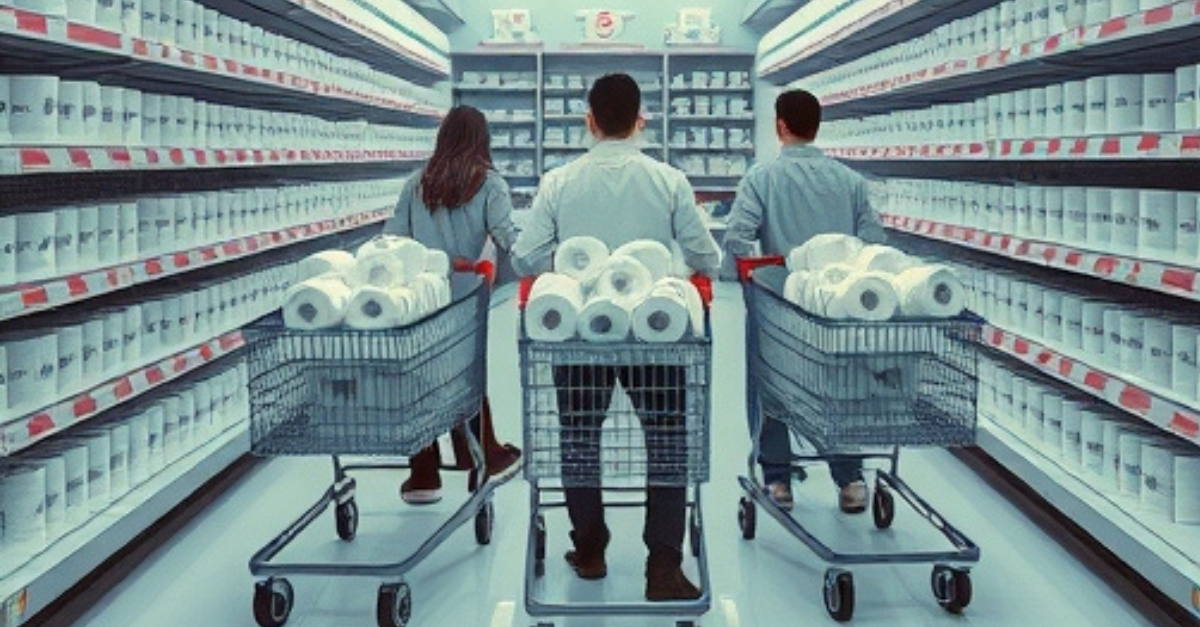Recent News:
Japan to utilise prisoners to enhance scallop exports - Japan is pioneering an inventive approach to overcome China's ban on Japanese seafood imports, particularly scallops. To meet the hygiene standards necessary for exporting to Europe and North America, the Japanese government is considering using qualified prison inmates for scallop processing in private-sector plants, without the need for constant prison officer supervision. This initiative arises from China's ban, which resulted from concerns about treated wastewater from Japan's Fukushima nuclear plant released into the ocean. The plan is currently under review by the agriculture and justice ministries, with discussions held with the ruling Liberal Democratic Party.
In this system, businesses involved in the workaround would directly compensate the government for inmate labour, alleviating welfare costs, including insurance. With China's role as a key processing hub for scallops to the U.S. now ceased, Japan is actively seeking alternative processing centres, including in countries like Vietnam and Thailand, alongside a focus on bolstering domestic consumption and processing capacity. ons.
Toyota’s more stable EV batteries - Toyota and Idemitsu Kosan, a Japanese oil enterprise, are partnering to mass-produce solid-state batteries for electric vehicles (EVs). These batteries promise quicker charging and extended driving ranges, according to Investopedia.
Toyota CEO Koji Sato noted their success in developing a more stable, crack-resistant material. This initiative follows Toyota's decade-long work on solid-state batteries, while Idemitsu has been in solid-state battery R&D since 2001. Toyota and Idemitsu aim to create a supply chain for essential solid electrolytes and plan to begin EV battery production by 2027-2028.
The global sugar shortage during Halloween - Despite concerns over a global sugar shortage and rising global sugar prices, Halloween candy prices are not expected to surge as fall approaches, according to David Branch, the senior vice president of Wells Fargo's Agri-Food Institute. Most sugar used in American candy is domestically sourced, thanks to federal agriculture policies mandating 85% of sugar purchases come from U.S. producers. This domestic focus insulates U.S. sugar prices from global fluctuations, making the broader economy a more influential factor in candy purchase estimates this year. As Halloween approaches, this insight is reassuring, indicating that anticipated price increases may not materialize, with domestic sugar sourcing and the broader economic climate taking precedence in shaping candy costs. It will be interesting to see if impacts to New Zealand's candy supply will be similar.
FedEx’s reduces aircraft downtime through inventory software - FedEx is expanding its use of the Mojix inventory tracking platform to reduce downtime and costs in its aircraft fleet. Initially used in U.S. warehouses, this system provides item-level tracking of aircraft components. FedEx is now extending this initiative internationally, aiming to rapidly locate and deliver essential parts for aircraft repairs.
Quick part retrieval is essential in aviation, often with only 15 minutes to deliver a component to a mechanic. Efficiency and reliability are paramount. Since December 2018, the RFID technology implementation has saved FedEx over $7.5 million. This drive for efficiency aligns with FedEx's goal of optimizing aircraft performance and preserving asset value.
News Sources:
Japan to utilise prisoners to enhance scallop export
Toyota’s more stable EV batteries
The global sugar shortage during Halloween
FedEx’s reduces aircraft downtime through inventory software










